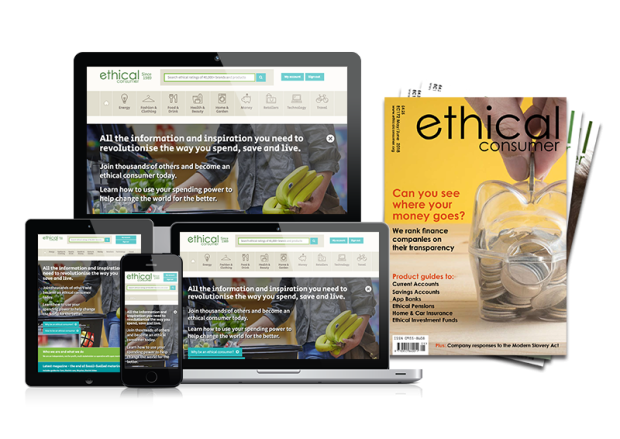In 2016 Iceland made the decision to make all of their own brand products free from palm oil by the end of 2018. They released a high profile social media campaign with Greenpeace to highlight this aim.
This was an enormous commitment and one that was keenly watched by consumers, campaigners and the media alike.
The initiative to remove all palm oil in Iceland’s own-brand products was driven by their new Managing Director, Richard Walker, who describes himself as an environmentalist. He has recently taken over running some areas of the business from his father and has since looked to develop the company’s environmental policies especially around the areas of palm oil and plastic packaging.
Iceland state that their aim in regard to palm oil is to help eliminate rainforest destruction and acknowledge the role of palm oil production in this.
The company have stated that they are phasing out palm oil “to raise awareness of this issue, and to encourage the palm oil industry to clean up its act and deliver a genuinely sustainable product to the mass market.”
The company claims they have “removed palm oil as an ingredient from our own label food in 2018.” This was around 450 items, an incredible achievement.
The company also committed to using a 'no palm oil' sticker on their packaging. This policy is unique among major retailers, and many of the company's products did sport this logo.
Update: since June 2022 Iceland has begun using certified sustainable palm oil in some of its Iceland branded products due to supply issues with obtaining sunflower oil because of the Russia/Ukraine war. Iceland has said they intend to revert to sunflower oil again as soon as practical to do so.




